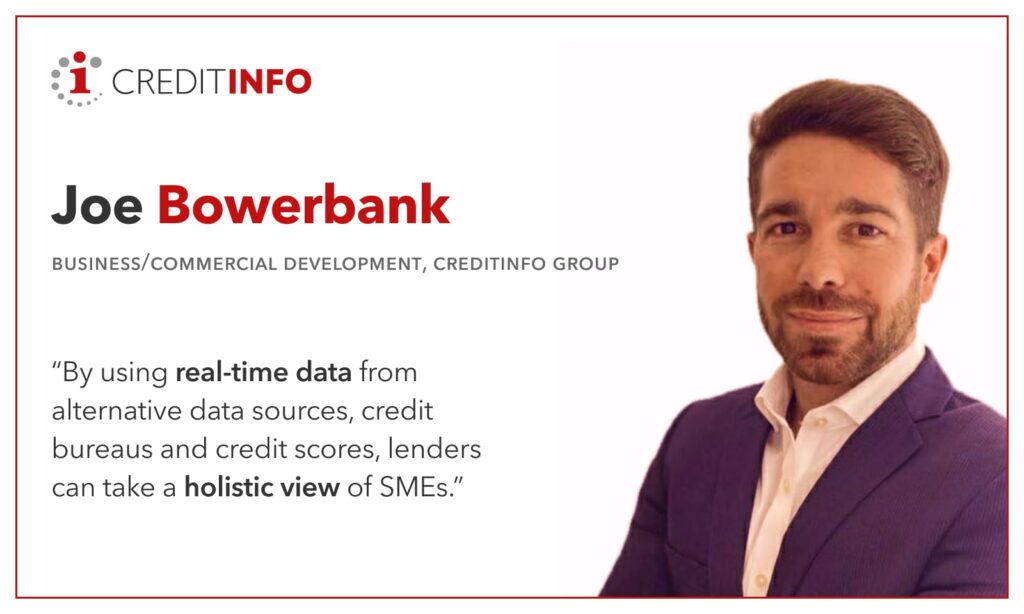Creditinfo Kenya partners with Letshego Kenya to launch lending app

Letshego Kenya launches “Letsgo Cash” in partnership with Creditinfo Kenya to take financial inclusion to a higher level.
· Minimum loan amount of KES 1,000 and a maximum of KES 100,000 and a loan repayment period of 30 days.
· LetsGo Cash increases access and supports customers who need quick and easy access to funds for emergency purposes.
· LetsGo Cash supports digital financial inclusion and enables the underserved and informal sector players to build their own credit records.
Nairobi, Kenya, 3rd May 2023 – Letshego Kenya Limited, a subsidiary of Letshego Holdings Limited (Letshego Group), has partnered with Creditinfo Kenya to launch LetsGo Cash, a self-service and short-term instant loan that gives customers access to KES 1,000 up to KES 100,000.
LetsGo Cash is payable in 30 days and geared towards consumers who need quick and easy access to funds for emergency purposes, including family emergencies, medical needs, home repairs, car breakdowns or funds to support entrepreneurs and small businesses. Creditinfo Kenya’s team brings decades of experience and practical knowledge in credit risk management to support the delivery of LetsGo Cash.
Letshego Kenya’s Chief Executive Officer, Adam Kasaine said: “LetsGo Cash is another way we are increasing access to product funds for more Kenyans. This is inclusive finance in action – it’s quick and hassle-free cash at a competitive price, accessible via your phone or web.”
The innovative LetsGo Cash is a potential game-changer, as it is accessible anytime, anywhere and is more competitive than traditional short-term cash advance providers, providing customers with immediate financial relief and the opportunity to participate in the digital economy in a sustainable and responsible manner.
Creditinfo’s Regional Manager for East Africa, Kamau Kunyiha added: “Creditinfo is proud to support LetsGo Cash assist customers who need quick and easy access to emergency funds the most, while also helping the underserved to build their own credit scores at the same time. Customers’ applications are submitted with a few swipes on a mobile phone, and the time to cash can be as short as a few minutes.”
LetsGo Cash provides a convenient, safe and affordable financial service to the underserved and informal sector players thereby helping to increase financial inclusion. It also helps them build their own credit record, since the better they manage their loan, the better their credit record, and the more cash they have access to going forward. This ensures that more people can access the service, including first-time borrowers who can now enjoy the benefits of a secure, regulated lending solution. Once approved, the money is disbursed directly into the customer’s mobile wallet. It can then be used as the customer desires, including for emergencies, such as purchasing prepaid electricity and water, paying bills, or sending money to friends and family.
LetsGo Cash can be accessed on Letshego’s LetsGo Digital Mall and downloadable via Android and Apple Play Store, or with one click, clicking on www.letsgo.letshego.com as well as via the USSD *435# on their mobile phone.
-ENDS-
NOTES TO EDITORS:
About Letshego Kenya Limited
Letshego Kenya Limited is the largest credit-only microfinance institution in Kenya and a licensed financial services provider in Kenya, providing loans to individuals across both the public and private sectors, as well as supporting Micro and Small Entrepreneurs (MSE). Since the conclusion of the successful acquisition by Letshego Holdings Ltd in February 2012, Micro Africa Group became a wholly owned subsidiary of Botswana-based Letshego Holdings Limited – an inclusive finance group with more than 21 years’ experience in Africa, and a current footprint of 11 Sub-Saharan Markets. Its contribution to the group has been to leverage the microfinance banking competencies and existing customer base, expand Letshego’s geographic coverage, and diversify its solution offering.
The company is founded on, and continues to strive towards, the principle of finding the most effective way to implement microfinance banking in an African context and transform the livelihoods of customers who carry out viable economic activity. Letshego Kenya Limited has a staff compliment of over 150 employees, spread across 25 branches. The company provides loans to over 20,000 customers who enjoy an expanded access through strategic partnerships, innovative technology and digital delivery channels. For more information on Letshego, please visit www.letshego.com/kenya
About Creditinfo
Established in 1997 and headquartered in London, UK, Creditinfo is a provider of credit information and risk management solutions worldwide. As one of the fastest-growing companies in its field, Creditinfo facilitates access to finance, through intelligent information, software and decision analytics solutions.
With more than 30 credit bureaus running today, Creditinfo has the most considerable global presence in the field of credit risk management. For decades it has provided business information, risk management and credit bureau solutions to some of the largest, lenders, governments and central banks globally to increase financial inclusion and generate economic growth by allowing credit access for SMEs and individuals.
For more information on Creditinfo, please visit www.creditinfo.com
Paving the way for a brighter future through SME lending

Developing modern solutions and removing barriers, paves the way for a brighter future through SME lending
SMEs (Small and Medium-sized Enterprises) are known as one of the biggest business sectors in each economy, being important contributors to job creation and global economic development. They create more than 50% of employment worldwide.
SMEs have gained importance in developing economies. Although SMEs have some weaknesses, they are less affected by economic crises due to their flexibility and ability to keep up with changing conditions. SMEs are vital establishments to create an effective innovation ecosystemThis is shown by recent studies that SME’s can contribute to over 55% of GDP and over 50% of total employment.
SMEs can find it increasingly difficult to borrow money from traditional banks because of strict requirements. It is often seen that SMEs are riskier than large institutions as it is difficult for banks to evaluate them in the same way since they often do not have solid accounting systems. This difficulty in assessing their creditworthiness often impacts the bank’s ability to provide affordable credit. As a result, many SMEs are forced to look at alternative solutions such as expensive credit lines charging high interest rates or offering costly collateral. Neither of these options are sustainable for small businesses.
SMEs need fast decisions and a more agile, digital approach. This is where Creditinfo and local Fintechs are working in collaboration to support the sector. Together, we specialize in using technology to quickly assess each SME’s entire data footprint and then provide tailored financial solutions. Based on our experience in Africa, we can assess the credit risk an SME poses by using real-time data from multiple sources, including e-wallets, credit bureaus and credit scores. The traditional method, consisting of manual processes and hard copies, is now an outdated approach in the digital world.
Digital SME finance, using alternative data, offers an extraordinary opportunity for addressing some of the challenges. Every time SMEs and their customers use digital services, conduct banking transactions, make or accept digital payments, use their mobile phones, or manage their receivables and payables through a digital platform, they create alternative data. This real-time and verified data can be analyzed to determine both capacity and willingness to repay loans.
Specific SME assessment methodology can also be applied. For example, small companies tend to have a greater level of owner centricity. Therefore, blending business and personal data can enable the development of highly predictive blended scorecards that utilize the payment behaviour of business owners and managers and company credit data to produce a more comprehensive risk assessment.
Help is also needed from Central Banks to continue to support this sector. We are seeing reforms happening globally where Central Banks are implementing mandates for all banks to lend a set percentage of their credit portfolios to SMEs. Boosting the availability of finance for the SME sector, the reforms aim to ease the flow and reduce the high cost of credit to a sector that is considered an engine of growth for the future.
SME lending is rapidly growing, and by putting the customer needs first and using new solutions and data, we can begin to shift the status quo. Globally there is a shift toward digital lending solutions, which can support a level playing field for SMEs. By transforming this lending sector as a whole, we can make it more accessible for small businesses to grow and continue making a difference.
Joe Bowerbank – Business/Commercial Development, Creditinfo Group.
The evolution of retail credit in the banking sector in UEMOA

Covid – 19 has hit the world with a “double shock”: an unprecedented contraction in supply and demand coupled with a health-economic conundrum. For Africa, and the UEMOA region, the immediate picture is bleak. However, there is hope if the financial sector uses the situation as a trigger for accelerated transformation of lending processes and products, taking the lead from other sub-Saharan markets and levering advantage of the robust financial infrastructure in place.
Proactive Portfolio Management

The world is currently facing unprecedented economic challenges resulting from the COVID-19 pandemic. This was initially reflected in drops in oil prices, followed by the falling stock market and more recently employment levels. Research by the UN suggests global GDP is likely to shrink by around one per cent this year and could contract further if restrictions on economic activity extend beyond the second quarter.




